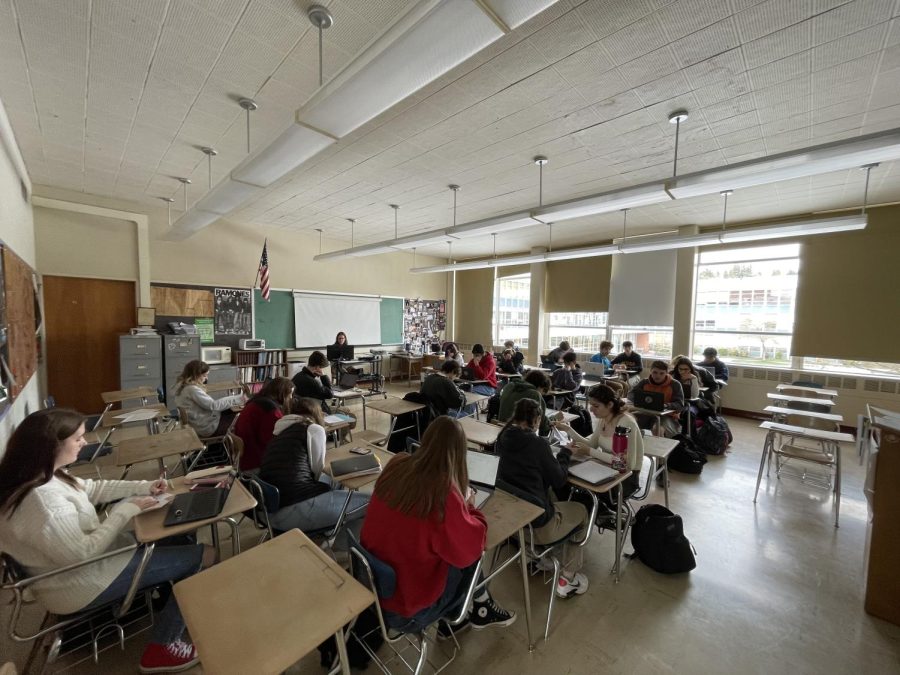Overlooked Downfalls of the College Board
February 27, 2023
One of the largest standardized test organizations in the U.S. is probably familiar to you, if you’re a high school student. Your higher-level classes, known as Advanced Placement, have curricula created by the College Board, as well as standardized exams in May.
The College Board is also well known for its SAT exam, which is used by nearly every college in America. However, they have been widely criticized for their decisions, which seem to harm students, teachers, schools, and colleges routinely. However, their monopolistic nature makes it impossible to avoid them while applying to college.
Firstly, their SAT exam is used by many higher education institutions in the US. Yet, it’s inaccessible to many mainly due to its large fee for assessment. Additionally, there are doubts about its usefulness as a predictor of success in college. For example, students who can funnel more money into SAT tutoring and more time into studying often will do better on the exam; therefore, lower-income students will have a worse chance of doing well on the test.
The College Board also runs the Advanced Placement (AP) program. These classes are intended to allow high school students to take college-level courses in their high school. However, fewer and fewer schools are accepting AP credits as a replacement for those courses provided at their college. Meaning, the credits will likely not transfer to desired colleges and the courses will need to be taken again. Additionally, the AP exams cost $96 per exam, which can be prohibitive for lower-income students.
The College Board also claims to be a non-profit organization, but according to ProPublica, their CEO David Coleman made over $2.5 million in 2020. Every single one of their programs charge a fee. Even their CSS Profile, the form for applying for financial aid, ironically charges users a fee every time they send the form to a college.
In 2020, the College Board came under fire for their online exam system, which caused many students to be unable to submit their answers to the exam. Those who didn’t have access to computers then couldn’t take the exam, due to COVID-19. The College Board didn’t have a solution to this problem, so some students were simply unable to take the exam. As a result, these students were unable to get credit for their exam. Students in other time zones also had tests scheduled for inconvenient times — in Japan, some tests were scheduled for 3:00 am.
Unfortunately, it’s near impossible to avoid the College Board as a high school student. The International Baccalaureate Diploma Programme is not as widely accepted in American high schools, the ACT exam is less popular in certain areas, and the CSS Profile is essentially the only program of its kind.
Without access to these other opportunities, many are left to rely on the College Board. Unfortunately, they’ve shown how inconsistent they are with supporting students and schools. Their high fees for taking exams and trouble with test administration make it difficult for students to succeed under the monopoly that is the College Board.



